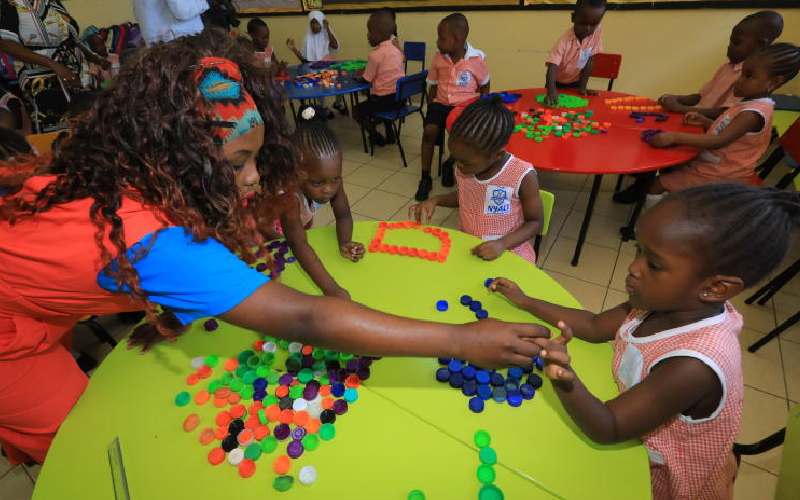×
The Standard e-Paper
Home To Bold Columnists

Grade three pupils in different schools in the Country undertook their Assessment under the new Curriculum-based Competency (CBC) Assessment. [Kelvin Karani,Standard]
It is not easy to do away with an education system that has been in place for 36 years and has shaped the destiny of millions of scholars.